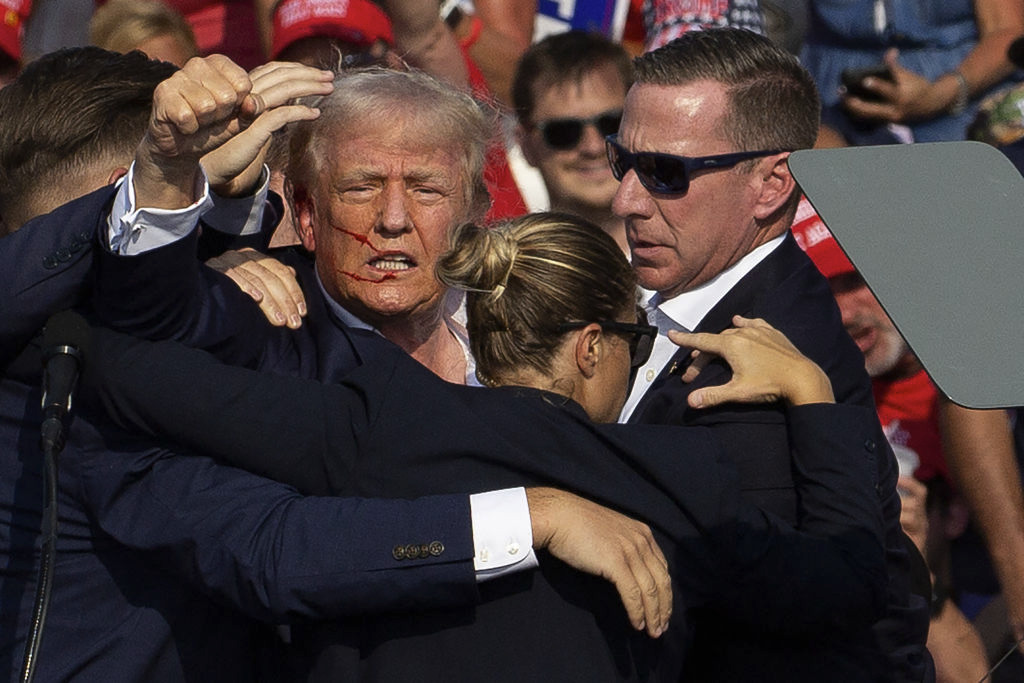
As John Wilkes Booth leapt from the murder scene at Ford's Theater, having just mortally wounded one of the greatest presidents who ever graced the Oval Office, he shouted "Sic semper tyrannis" or "Thus always to tyrants." It revealed a level of venomous hatred that altered the course of American history.
And so it is today as not one, but two, assassination attempts have been made on former President Donald Trump. While the motive of the first sniper attack remains muddied, the second planned attack left no doubt as to why the gunman was stalking Trump. He wrote it all down before he left to wait in ambush, much of it seemingly lifted from political propaganda: "You are free to assassinate Trump," he wrote, and "DEMOCRACY is on the ballot and we cannot lose."
President Joe Biden and Vice President Kamala Harris have, on several occasions, "accused Trump of being a 'threat to Democracy.'"
In addition, Americans have seen an actress holding up a replica of Trump's severed, bloody head; a presentation in New York's Central Park of Shakespeare's Julius Caesar, with Caesar, stabbed to death at the end, portrayed as a Trump look-alike; Biden saying "Time to put Trump in a bullseye," and US Rep. Dan Goldman, who later apologized, saying that "Trump is so 'dangerous' to Democracy that he 'has to be eliminated.'"
All of this begs a question. How has a political party's leadership allowed their political platform to metastasize into a cancer so malignant that it has sparked would-be assassins to copy its language as a mandate for murder? Equally important, why hasn't every candidate repudiated the actions and words of this would-be gunman? Had he been successful, many Americans would have had blood on their hands that history would never have allowed to be washed away.
But there is much in the way of a tragic national legacy being left by the US -- from an unforgivable exit strategy from Afghanistan that led to needless American deaths, to an open border that has allowed immigrant gangs to terrorize our cities, to a late, half-hearted response to the fentanyl crisis that has left more than 100,000 American families each year bereft and heartbroken.
It is crucial that in a functioning democracy there be an open, wide-ranging, and energetic difference of opinion among those citizens entrusted with the gift of liberty. Freedom of speech and the ballot box are the legacies that have been dearly bought by generations of Americans in uniform. To see these freedoms perverted and attacked by would-be assassins embracing an ideology repugnant to most Americans is a reminder that their actions can only be described as a capital crime against our democracy.
Lawrence Kadish serves on the Board of Governors of Gatestone Institute.


